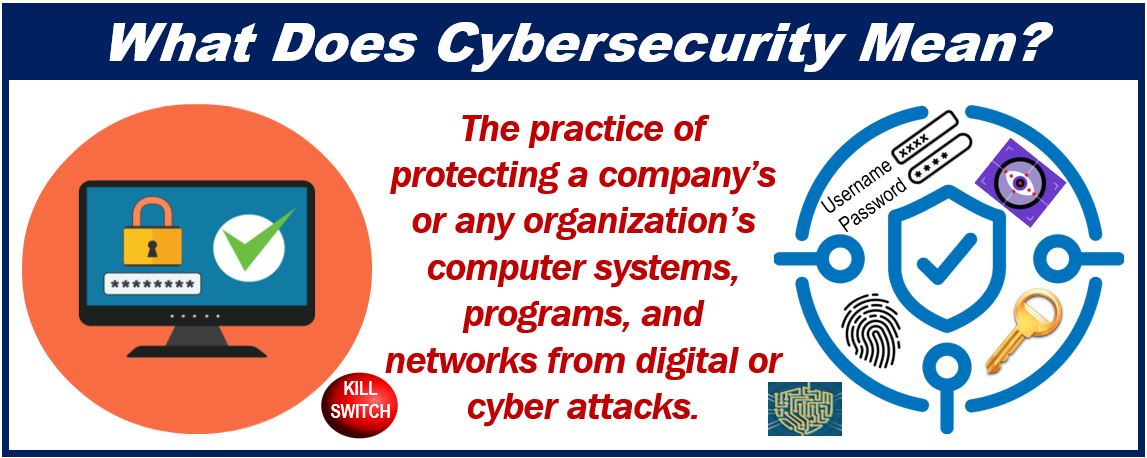Most businesses are quick to adopt basic security measures like high-tech security locks, wireless video surveillance, and electronic key cards to prevent key duplication. However, there are additional aspects of security that are often forgotten.
Forgetting important security measures can catalyze the downfall of even the best business. If you want your business to thrive, be sure to implement the following five security measures:
1. Client identity verification services

If you’re going to work with customers or clients on an ongoing basis dealing with large amounts of money, you need to know they are who they claim. You don’t want to get caught up with a scammer using a stolen identity to gain access to your resources only to skip out on paying the bill. You also don’t want to get caught up doing business with a customer who has a reputation for skipping out on their invoices.
Client identity verification services will mitigate these potential problems without sacrificing the user experience. The automated system cross-references data provided by the client with data linked to the client’s phone number across highly regulated spaces (like credit card companies). All the data is checked against the customer’s phone number.
When using identify verification services, you can add this verification process directly into your client signup process on your own website.
Since this system connects all data to a verified phone number, it’s not easily hacked. When a customer is verified, you can feel secure about that verification.
2. Cybersecurity software

Today’s software is powerful enough to replace many hardware devices. For example, many companies have switched to software defined WAN to eliminate the need for excessive hardware that ends up being cumbersome to maintain. Security software is equally powerful. In fact, using SD-WAN will actually improve your organization’s security strategy.
While you need the basics like a firewall and malware protection, you should also consider signing up for services that include automatic threat detection. The top cybersecurity software systems can identify, isolate, and analyze threats in ways the human eye can’t easily catch.
3. Cybersecurity hardware
Having security software sometimes isn’t enough. Depending on the size of your company network, you might need security hardware. For example, you might need a hardware firewall as opposed to software.
There are also hardware devices that filter out suspicious traffic before it reaches your firewall(s).
You may also want to get a wireless intrusion prevention and detection system (WIDPS). Although a WIDPS system can be a software solution, it can also be a piece of hardware. Before buying either, consult with your IT team to make sure it fits your needs.
4. Cybersecurity protocols
Having the best cybersecurity hardware and software isn’t enough. Software and hardware can only do so much on their own. To secure your company network, you need strict IT security policies that your entire team will follow.
An IT security policy is critical for business security online. Each time your employees log onto your network outside of the office, your network is at risk. If an employee’s computer gets stolen and they haven’t followed security protocols to protect their login information, your network is at risk.
If you don’t have an IT security policy yet, it’s time to create a plan. If you already have an IT security team, you can ask them to help create the policies. If not, find an IT security professional to consult.
5. Check fraud databases
Fraud runs rampant, especially in certain industries. Find out if there are fraud databases in your industry that collect information on people and organizations that are known scammers.
For example, there’sa database that collects information on fraudulent web hosting clients. Web hosting companies can report non-paying, rude, and fraudulent clients to this database and also cross-reference the database before providing large scale services to a new client.
You can also check out the Scam Tracker from the Better Business Bureau (BBB) to find out if your clients have been involved in any reported scams.
Securing your business mitigates damage you can’t control
There are plenty of reasons to secure your business from top-to-bottom. However, the best reason is to mitigate damage that may occur outside of your control. For instance, you can’t stop every hacker from stealing company data, but when that data is encrypted, a hacker won’t be able to read that data.
Secure your business in every way possible. You really can’t implement too many security measures.
Interesting related article: “What is Cybersecurity?”

